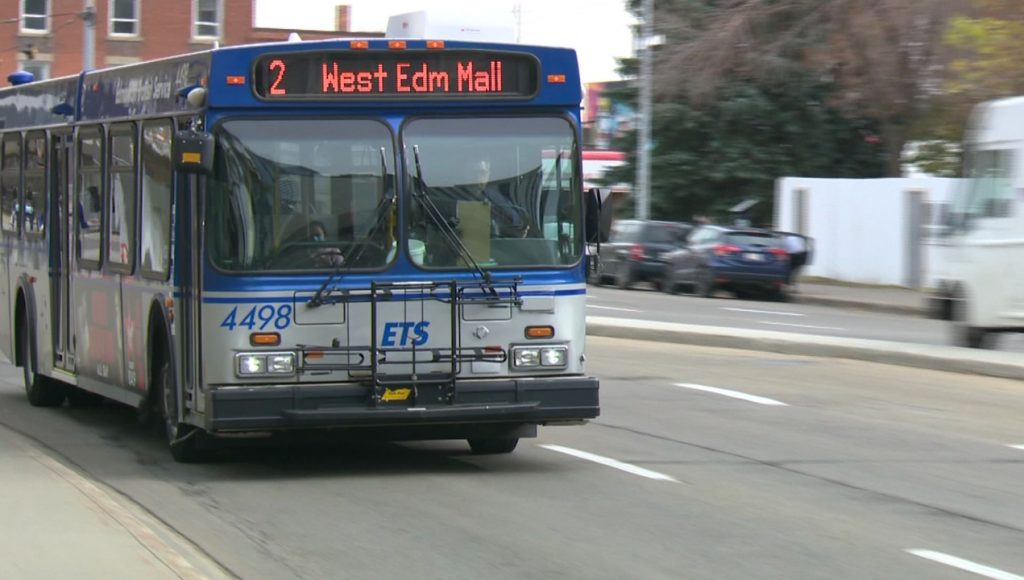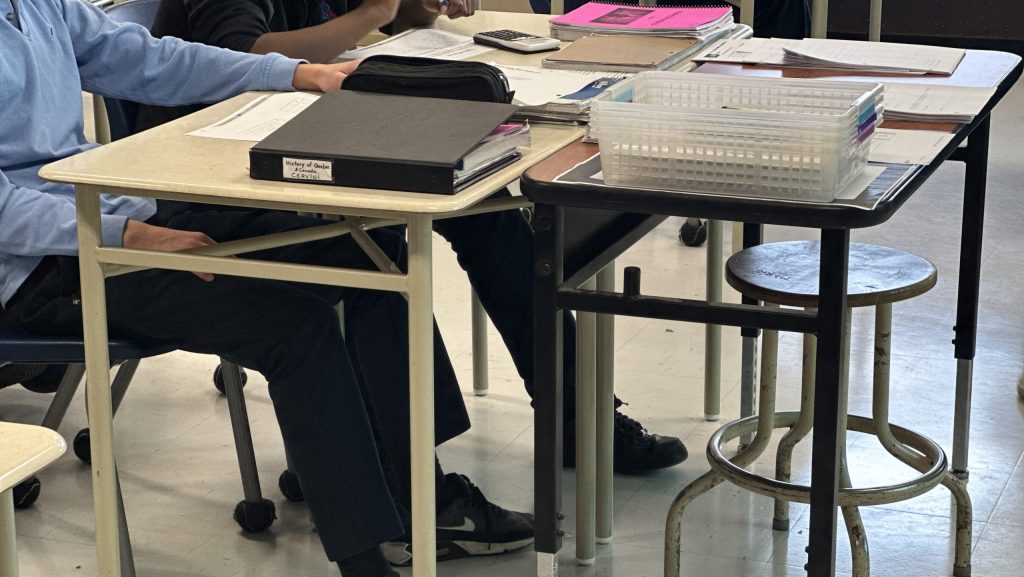Would Edmonton benefit from regional transit plan linking communities?

Posted September 13, 2022 8:39 am.
Last Updated September 13, 2022 8:42 am.
Edmonton city council voted to continue exploring the creation of a regional transit system, which would connect the city to nearby municipalities.
Edmonton, St. Albert, Fort Saskatchewan, Spruce Grove, Leduc, Beaumont, Stony Plain and Devon are the eight regions part of the Edmonton Metropolitan Transit Services Commission (EMTSC).
If all municipalities go forward with the proposal, it will mean people can ride the bus between each city using a single bus pass.
Many Edmonton city councillors expressed hesitations Monday, but voted 10-3 to proceed with the phase one plan.
The project would include 11 new routes across the region.

Map of proposed regional transit system. (Credit: Edmonton Metropolitan Transit Services Commission/handout)
Without regional transit, Coun. Andrew Knack says the city could continue missing out on business opportunities.
“Companies, when they are deciding where to locate, they are not just asking ‘oh do you have a transit system?’ They are asking ‘do you have a regional transit system? Where are the stops? How often is it running?’
“They are asking to that level of detail, and if you don’t have that as a region, there are plenty of groups that are passing by this entire region because we don’t have that.”
But some on city council feel transit within Edmonton should be improved first.
“I would look into investing in the best routes for your buck, the ones going to West Edmonton Mall, to U of A,” said Coun. Michael Janz. “If we can make those more frequently, that’s where we know where we have the most captured riders and the most riders open to conversion.”
Strathcona, Leduc have backed out
Some municipalities have already pulled out of the EMTSC, including Strathcona County, Sturgeon County, Leduc County, Parkland County, and Morinville.
Edmonton, St. Albert, and Strathcona County together provide more than 95 per cent of the transit service in the region.
A report suggests a regional transit system is the most cost efficient if all three commit to move forward together.
Edmonton would pat at least $7.2 million each year.
“We want to make sure it is cost effective. We want to make sure Edmonton taxpayers are paying their proportional share of running the service, and that is something we are trying to grapple with,” said Amarjeet Sohi, the mayor of Edmonton.








